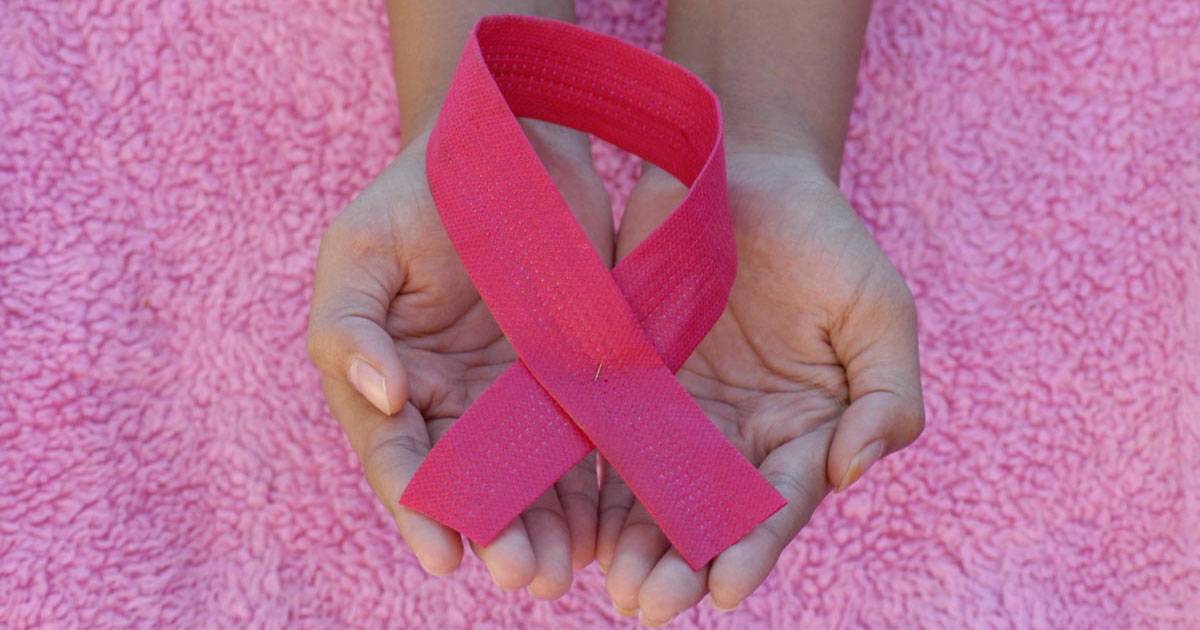 Photo courtesy of Sam Lion via Pexels
Photo courtesy of Sam Lion via Pexels
September is Obesity Awareness Month! It’s time to introduce healthy eating habits to your family and take steps towards reducing obesity rates at home. But how will you practice healthy eating habits with your family in a helpful, happy, and consistent way?
Your unhealthy habits can be hard to break, especially if you’re alone in your nutrition journey. While there are many amazing nutrition services out there for your specific needs, it’s important to loop your family into your journey so that you all work together for a healthier home.
Bad habits can be hard to break alone, and happy and consistent habits start with a supportive home environment. Here are 15 helpful ways to practice healthy eating habits with your family to last you all a lifetime.
 Photo courtesy of RODNAE Productions via Pexels
Photo courtesy of RODNAE Productions via Pexels
1. Cook together
How are healthy eating habits developed nowadays? Nutrition wellness practices begin right in your home kitchen. One important way to develop healthy eating habits for kids and adults is to welcome them into the kitchen and cook together often.
Why? If you encourage family members to cook with you, then they will feel directly involved in the food-making process. They’ll develop a sense of responsibility towards what they put into their bodies, and can learn to practice that mindfulness towards food throughout their lives.
2. Eat together
This tip follows the same mindset as the previous one. To instill a healthful mindset towards food, you have to cook together often, and eat together often too. With regular weeknight dinners or weekend family meals, you practice healthy eating for the whole family and develop a positive relationship with food, embarking on a wellness journey together as a team.
3. Test new recipes together
Another easy way to improve your family’s eating habits? Try testing new dishes together. Your relatives, especially kids, can easily get bored of the same old meals for breakfast, lunch, snacktime, and dinner. Explore different cuisines and try out new recipes to keep things exciting in your household.
4. Keep healthy snacks in the house
If you want to help your family eat better, then you have to be consistent with your food intake too. That means being mindful of the food you’re eating whether it’s during a proper meal or just a simple afternoon snack.
Keep sliced fruits, cooked veggies, nuts, and other snackable items in stock, and make sure they’re easily accessible too. If your potato chips are too tempting to throw away, store them in the highest shelf of your snack cupboard. This will help everyone in the household work towards healthier practices, even outside of mealtime.
5. Portion meals wisely
Each member of the family will have their own healthy weight goals and needs. To instill good habits that last for life, make sure to portion meals wisely, especially when you eat together at the dining table.
Overeating during family meals can make a lot of people overweight, without them even realizing it. At the same time, undereating deprives people of the nutrition they need on a daily basis. Portions truly depend on individual goals and needs, so make sure to talk as a family to know what each member needs for their goals in life.
 Photo courtesy of ready made via Pexels
Photo courtesy of ready made via Pexels
6. Cut down on the fast food
Here’s something to remember this nutrition month: too much of one thing can be really bad for your health. Many families depend on the same fast food meals for quick and easy eating, especially on busy weeknights. But a lot of child and adult obesity can be caused by eating too much fast food on a day-to-day basis.
If your home is used to fast food on the daily, then take slow steps to reduce your fast food intake. Try starting with one less takeout dinner this week, and then two less for next week. It’ll take some time, but by cutting down on unhealthy meals, you’re also making space for better dishes for the whole family.
7. Stay active as a family
The journey to reduce obesity rates takes lots of time and effort. Food and exercise both play key roles in cutting down obesity prevalence, but it’s much easier to eat than it is to exercise, right?
Get help from your household by staying active as a whole family. Exercise together through play, chores, or leisurely strolls outdoors. Not only will this bolster your good food habits, but it’ll also keep sickness at bay, which is very important when combating COVID-19 as a family.
8. Do healthy food swaps
Over time, you’ll find it easier to encourage loved ones to eat healthier meals. Once you make headway with that gradual change, start swapping out your food for healthier and better options.
See what works for them first. Are they okay with swapping potato chips for veggie chips? How about fried chicken with roast chicken? Once you see them preferring the healthier option, swap it in. Out with the old, and in with the new.
9. Read food nutrition labels
Processed food items are oftentimes the sneakiest perpetrators of obesity prevalence. Many packaged snacks, some of which are considered “healthy,” are often the leading causes of obesity among adults and kids.
Why? It’s because these items usually go through a lot to make it to grocery shelves. To stay edible, they need lots of added sugars, salt, and preservatives, which can be bad for you in large quantities. This is why reading food nutrition labels is important – you gain a better understanding of what’s going into your body when you read labels carefully.
10. Grow your own fruits, vegetables, and herbs
Did the COVID-19 pandemic turn you into a plant parent? Then here’s a tip for you: grow fruits, vegetables, and herbs at home to pass good food habits to your loved ones. Not only is planting a good pastime during the pandemic, but it also teaches your loved ones to value the food they eat. They grew it themselves, after all.
 Photo courtesy of Alex Green via Pexels
Photo courtesy of Alex Green via Pexels
11. Go meatless (at least) once a week
Going meatless for a meal at least once a week is a lot easier than you may think. It’s not just salads, fruits, and greens; your meatless meals can include ingredients like eggs, fish, pasta, rice, and legumes too.
You can even experiment with meat substitutes like tofu, seitan, or tempeh. By creating space for a meatless meal at least once a week, you’ll gradually introduce more fun options for healthful food choices in your household.
12. Drink lots of water
Did you drink water yet today? If you haven’t, then go drink a glass, quick! Water is one of the most essential parts of a healthy lifestyle. If your relatives aren’t in the habit of drinking water regularly, then try encouraging them by gifting them with a cute tumbler they can use at home or on the go.
13. Change habits gradually
How are healthy eating habits developed? With time, of course. It’s perfectly okay to take things slow and gradually change your habits. If you rush into this process, then you won’t equip your home with practices that last a lifetime. Take this development slowly; over time you’ll reap the benefits of healthy eating habits with your loved ones.
14. Make mistakes and have fun with it
Don’t beat yourselves up if you make “mistakes” in this process. Let’s say that everyone in the house had a busy day, and no one had time to cook a meal for dinner. It’s not the end of the world if you find yourselves needing to order takeout for just one night.
This is how healthy eating habits are developed – with time and patience. Happy and consistent habits start with a supportive family environment, so don’t be afraid to make mistakes and have fun with food along the way.
15. Consult your doctor
This Obesity Awareness Month, it’s important to access good medical services to support your family’s journey towards a better life. Your doctor can teach you more about obesity prevalence, especially among Filipino adults, and provide you with new ways to integrate nutrition into your daily lives.
 Photo courtesy of Migs Reyes via Pexels
Photo courtesy of Migs Reyes via Pexels
The benefits of healthy eating habits are endless, and these good practices will last your loved ones a lifetime. This month, jumpstart your family’s journey towards a more healthful life. If ever you need help, please don’t hesitate to set an appointment today with the health experts from The Hospital at Maayo.
































Leave a Reply